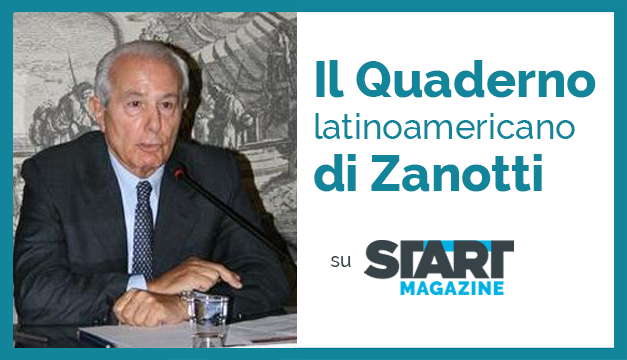What happened in the elections in Colombia

The candidate of the left in the Colombian elections, Gustavo Petro, won the first round, without obtaining the necessary majority to avoid the second. The outcome of the ballot (June 19) is uncertain. To challenge him will be Rodolfo Hernandez, conservative. The study by Livio Zanotti, author of ildiavolonmuoremai
Hardly defeated the extreme right, violent and corrupt that for decades had Alvaro Uribe first as head of state and then as powerful godfather, Colombia will nevertheless have to return to the polls next June 19 to choose between left and conservative populism. The former mayor of Bogota Gustavo Petro, 62, in his youth a guerrilla of the Guevarist armed group M19, yesterday candidate of the most advanced reformism in the presidential elections, was by far the most voted (40.3 percent). However, remaining far from half plus one of the votes cast, necessary to be elected in the first round.
Though spaced by a generous 12 points (28.1), 76-year-old engineer and builder Rodolfo Hernandez, also with experience as a local administrator of the wealthy and industrious town of Bucaramanga, in the center-east of the country, will be his feared opponent in the ballot. He managed to gain accreditation from moderate opinion by promising honesty and efficiency; while, however, he avoided any concrete commitment on methods and times of intervention in a reality gangrened by the most bloody violence and by the most extensive corruption. He refused any public confrontation with the other candidates, addressing general criticism to all.
However, the good relations it maintains with the business world are well known, not excluding the large landowners close to Uribe and the historical financiers of the paramilitary gangs; as well as his far from unjustified aversion to the left. Hernandez has in fact been personally struck several times with inhuman ferocity by the violence of banditry, which in various areas shares hiding with armed political groups of the right and left. In 1994 a gang close to the FARC kidnapped his father, who he managed to free by paying a large ransom. Ten years later, she disappeared and never saw her daughter Juliana again, who was kidnapped by common criminals who would later sell her to ELN guerrillas.
Hernandez grew electorally especially in the weeks immediately preceding the vote. Probably, in the opinion of numerous observers, because his figure would be reassuring for those who hope for a government capable of curbing corruption without compromising the economic recovery. Having bypassed the most tragic period of COVID , Colombia recorded a high increase in GDP in the first quarter of 2022, close to 10 percent. Comforted by authoritative economists, Petro instead believes that this growth is little more than a flash in the pan, albeit a remarkable one. In his opinion, the Colombian problem is structural and only a program of profound reforms, starting with the agrarian one, will be able to relaunch real development.
According to Petro, an accumulation of demand left unmet in the exceptionally protracted pandemic in recent months has simply been satisfied. Without any effect on the reduction of unemployment and poverty, nor increases in investments, productivity and added value. The agrarian reform – which it considers central – must instead guarantee a reactivation of the capital market and the return of hundreds of thousands of people to their places of origin, abandoned in the last 30 years to escape the violence of the armed gangs and the regular army itself. First of all, it must restore the rule of law for all citizens, in order to motivate their initiative. It is politics that must relaunch not only the economy but development.
This is a machine translation from Italian language of a post published on Start Magazine at the URL https://www.startmag.it/mondo/colombia-elezioni/ on Mon, 30 May 2022 05:17:15 +0000.
